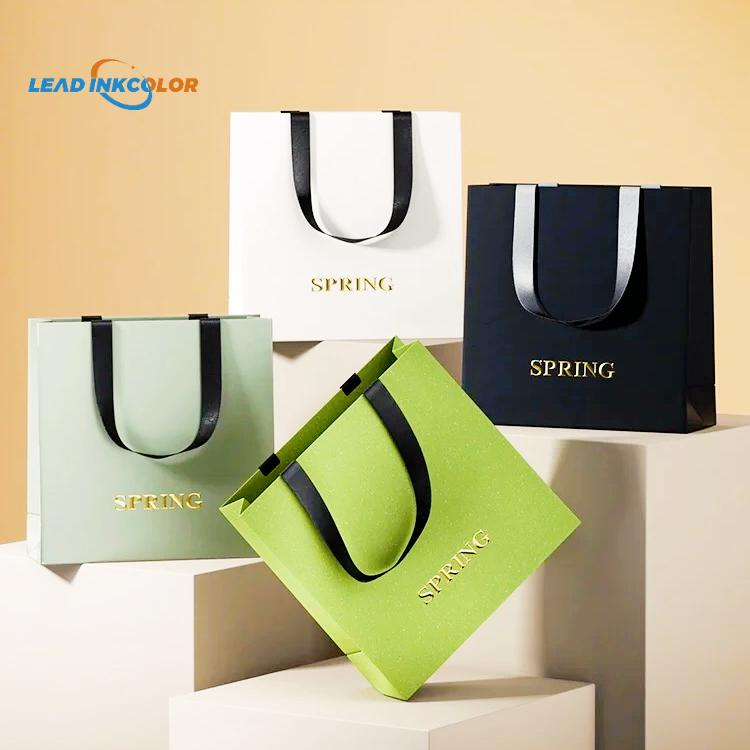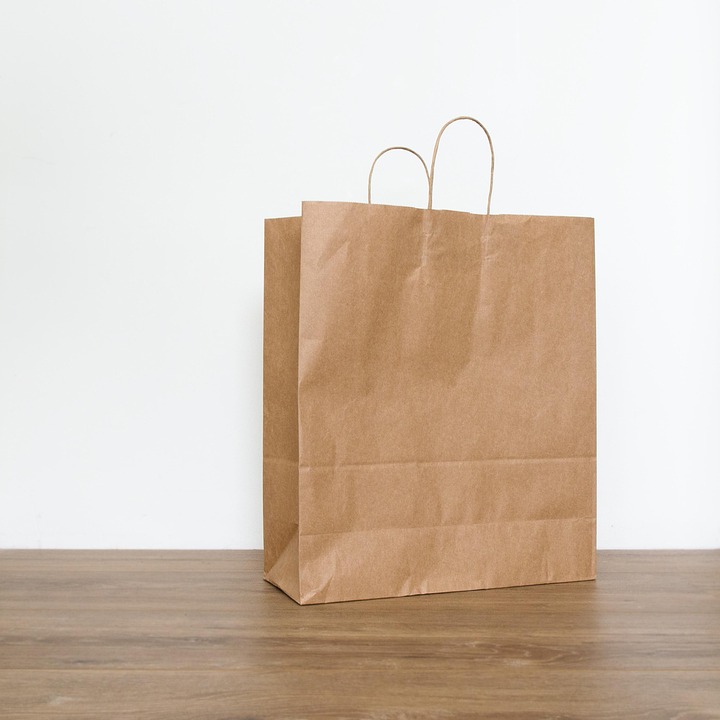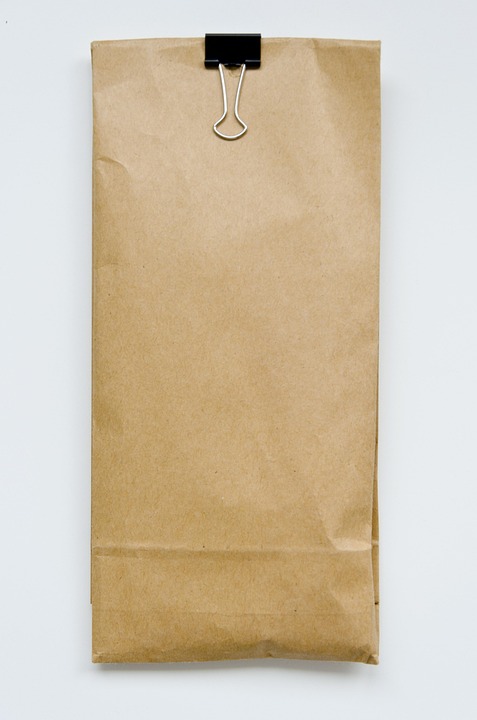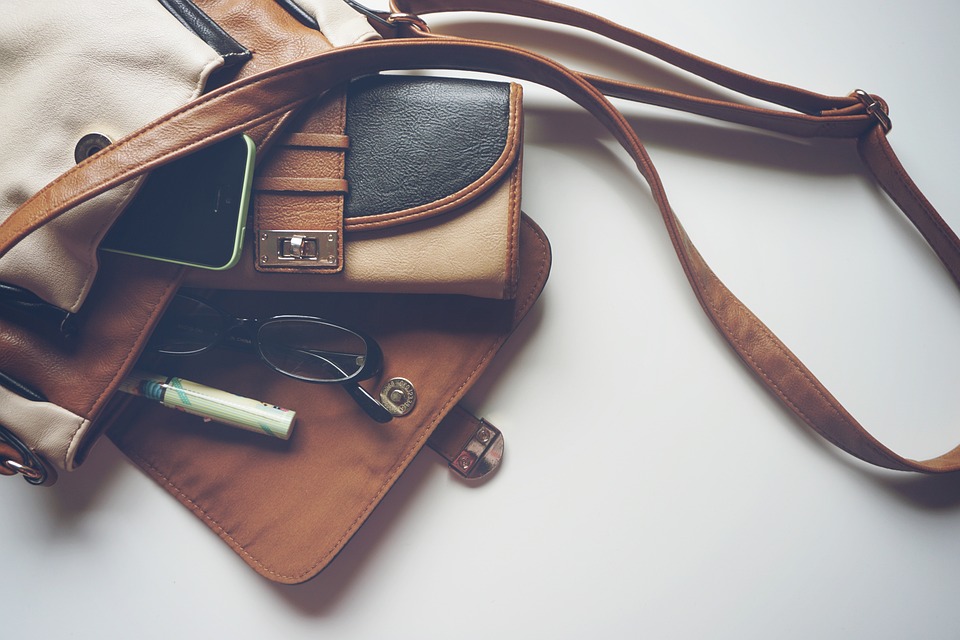-
首页 东莞厚街工业园

Paper Bags: A Safer Alternative to Plastic Bags for Food Storage
[ad_1]
As the world continues to grapple with the issue of plastic waste, many individuals and businesses are seeking alternative options for packaging and storing their wares. One viable option that has gained popularity in recent years is the humble paper bag. But are paper bags a suitable alternative to plastic bags for food storage? And what are the benefits and drawbacks of using paper bags for this purpose? In this article, we’ll delve into the ins and outs of paper bags and explore why they may be a safer and more sustainable choice for food storage.
A Brief History of Paper Bags
Paper bags have been around for centuries, with the first recorded use dating back to ancient China in the 2nd century BC. The first paper bags were made from mulberry bark and hemp, and were used to carry goods such as dried fruits, grains, and textiles. Over the years, paper bags evolved to include new materials and designs, with the first paper bags made from wood pulp appearing in the early 19th century. Today, paper bags are a staple in many industries, from grocery shopping to packing materials.
The Benefits of Paper Bags for Food Storage
Paper bags offer several advantages when it comes to food storage. For one, they are generally biodegradable and compostable, reducing the amount of plastic waste in landfills and oceans. Additionally, paper bags are non-porous, which means they can help to preserve the freshness of food by preventing moisture and air from entering the bag. This is particularly important for perishable items like fruits and vegetables, which can spoil quickly if not stored properly.
Another benefit of paper bags is that they can be customized with special coatings or treatments to enhance their performance. For example, some paper bags may have a water-resistant coating to prevent moisture from entering the bag, or a UV-resistant coating to prevent the food from degrading due to exposure to light. This level of customization makes paper bags particularly useful for storing food that requires specific storage conditions, such as dairy products or baked goods.
The Drawbacks of Paper Bags for Food Storage
While paper bags have many advantages, they are not without their drawbacks. For one, they can be more expensive than plastic bags, particularly if you’re purchasing them in large quantities. Additionally, paper bags can be more susceptible to tears and punctures, which can compromise the integrity of the bag and the contents within. This is particularly a concern for delicate items like meat or frozen foods, which require a more secure and durable packaging solution.
Another drawback of paper bags is that they can be prone to moisture damage, particularly if they are not treated with a water-resistant coating. This can lead to mold and mildew growth, which can contaminate the food and create health hazards. However, this is not unique to paper bags, and can occur with plastic or other types of bags as well.
A Safer Alternative to Plastic Bags?
So, are paper bags a safer alternative to plastic bags for food storage? The answer is yes, but with some caveats. While paper bags are generally biodegradable and compostable, they may not be the best option for every type of food or storage situation. For example, if you’re storing heavy or bulky items like canned goods or appliances, you may want to consider a sturdier bag option like corrugated cardboard or molded plastic.
However, for smaller, more fragile items like fruits, vegetables, and baked goods, paper bags can be a suitable and safe option. By choosing a high-quality paper bag with a water-resistant coating and secure sealing mechanism, you can ensure that your food remains fresh and protected. And, with the added benefit of being biodegradable and compostable, you can feel good about your choice.
Conclusion
In conclusion, paper bags offer a safer and more sustainable alternative to plastic bags for food storage. With their biodegradable and compostable design, paper bags can help reduce the amount of plastic waste in landfills and oceans. Additionally, their non-porous design and customizable coatings make them an excellent option for storing perishable items like fruits and vegetables. However, it’s essential to choose high-quality paper bags with secure sealing mechanisms and water-resistant coatings to ensure the integrity of the bag and the contents within. By making the switch to paper bags, you can enjoy peace of mind and help reduce your environmental impact.
FAQs
- What are the benefits of paper bags for food storage? Paper bags are biodegradable and compostable, non-porous, and can be customized with special coatings or treatments for specific storage needs.
- What are the drawbacks of paper bags for food storage? Paper bags can be more expensive than plastic bags, more susceptible to tears and punctures, and prone to moisture damage if not treated with a water-resistant coating.
- Are paper bags a safer option than plastic bags for food storage? Yes, paper bags are a safer option than plastic bags for storing smaller, more fragile items like fruits, vegetables, and baked goods, but may not be suitable for heavier or bulkier items.
- How do I choose the right paper bag for my needs? Look for high-quality paper bags with secure sealing mechanisms and water-resistant coatings, and consider factors like durability and customization options when selecting the right bag for your storage needs.
[ad_2]






